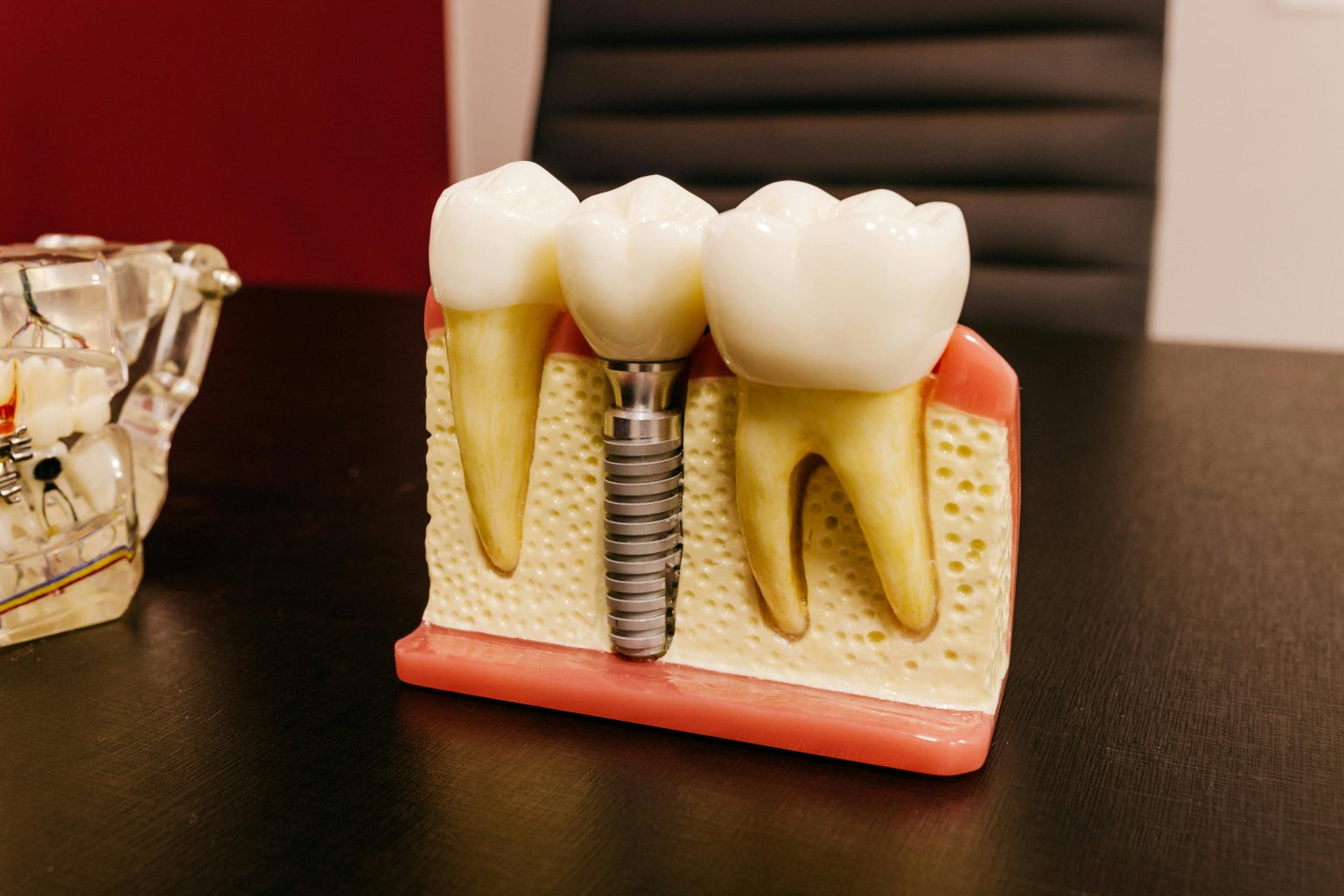Dental implants are growing in popularity as a durable and effective solution for replacing missing teeth. If you’ve been considering this option or are simply curious, it’s natural to wonder how long dental implants last. While implants are known for their longevity, their lifespan can depend on several factors. Understanding what contributes to their success and durability can help you make an informed decision about your dental health.
What Are Dental Implants?
Dental implants are essentially replacement tooth roots made from titanium. These small, screw-like posts are surgically placed into the jawbone, where they fuse with the bone over time through a process called osseointegration. Once the implant secures in place, it acts as a stable foundation for a crown, bridge, or even dentures. This design not only improves the aesthetics of your smile but also provides functionality similar to natural teeth, making implants an appealing choice for many.
How Long Do Dental Implants Last?
The great news about dental implants is that they have the potential to last for decades, and in many cases, even a lifetime. However, it’s important to remember that while the implant itself—the titanium post—is highly durable, the restoration attached to it, such as the crown, may need replacement after 10 to 15 years due to normal wear and tear.
Several factors influence their lifespan:
- Oral Hygiene – Maintaining good oral hygiene is crucial. Daily brushing, flossing, and regular dental check-ups help prevent gum disease and other issues that could jeopardize the implant’s stability.
- Bone Health – Since implants rely on a strong jawbone for support, bone health plays a significant role. Conditions like osteoporosis or significant bone loss in the jaw can impact the long-term success of implants.
- Lifestyle Habits – Habits such as smoking or excessive teeth grinding (also known as bruxism) can shorten the lifespan of dental implants. Smoking, in particular, can hinder healing after surgery and increase the risk of implant failure.
- Diet Choices – Avoiding excessive amounts of hard or overly sticky foods can help reduce undue pressure on the implant and its restoration, preserving both for longer.
Tips for Extending the Life of Your Dental Implants
Maintaining a consistent dental care routine is paramount to ensuring the longevity of your dental implants. Brushing your teeth at least twice a day using a soft-bristle toothbrush and flossing daily helps to prevent plaque buildup, which could compromise the stability of your implants. Additionally, incorporating an antibacterial mouthwash can further enhance your oral hygiene by reducing harmful bacteria. These habits form the foundation of protecting both your implants and overall oral health.
Regular visits to your dentist are equally important for monitoring the condition of your implants and surrounding tissues. Professional cleanings and examinations allow your dentist to assess the health of your gums and jawbone, identifying any potential concerns early. For those who grind or clench their teeth, using a custom mouthguard while sleeping can prevent excessive pressure on implants, reducing the risk of damage. Lastly, quitting smoking significantly increases the success rate of dental implants while enhancing general health, making it a critical step in your dental care plan.
Common Misconceptions About Dental Implants
There are a few myths about dental implants that are worth addressing. Some people assume that implants are a one-size-fits-all solution. On the contrary, they are carefully customized to match the size, shape, and color of your natural teeth. Others worry that implants might look artificial or feel uncomfortable, but users often report that they feel so natural they forget they’re there. Lastly, some fear the procedure itself, but most patients find the surgery relatively straightforward and report minimal discomfort afterward.
When to Consider Dental Implants
If you’ve lost one or more teeth and are exploring replacement options, dental implants can be an excellent investment. They provide stability and functionality that bridges or dentures may not offer. Plus, they preserve your facial structure by preventing the bone loss that typically occurs after tooth loss.
Dental implants are a fantastic dental innovation offering long-term solutions for missing teeth. By taking proper care and maintaining good dental habits, you can truly maximize their lifespan while enjoying a beautiful, functional smile for years to come.

